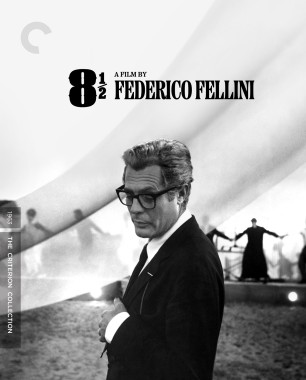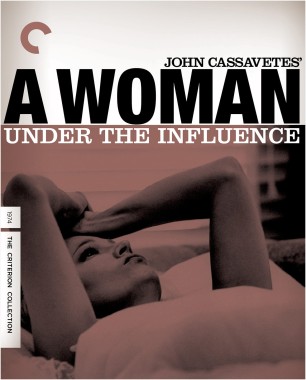
Götz Spielmann’s Top10
Götz Spielmann is the director of Revanche.
-
1
Federico Fellini
8½
A wonder. If I had to choose the best movie ever made, I’d choose 8 1/2. It’s so rich, so free, so influential. It has such a high energy in its form, an energy that never stops. It’s like a strong river that never stops flowing. It also has one of the most wonderful endings in film history. Something extraordinarily surprising, poetic, and reasonable in a way you wouldn’t have expected.
-
2
Andrei Tarkovsky
Andrei Rublev
A masterpiece with an enormous faith in something that I don’t want to define.
-
3
Yasujiro Ozu
Floating Weeds
This is one of my favorite Ozu movies. On Ozu’s gravestone is the word mu, which in Japanese means “emptiness.” For me, emptiness and silence are very familiar, important family members, and I think the forms come out of emptiness. In the way Ozu makes movies, I feel deeply aware of emptiness. There is something very wise, quiet, and powerful in it. So Ozu for me is like a big brother who helps me remember from time to time the really important things about the form of moviemaking, which have nothing to do with manipulating the audience or being clever. Form can have something to do with truth.
-
4
Michelangelo Antonioni
L’avventura
One of my favorite movies of Antonioni’s, and Antonioni is one of my big influences. I like the slowness of his movies, the nonnarrative structure. L’avventura was the one with which he really broke through into something new, and it was, at its release, a big mis-success. I like that at last it came through, and people realized how important it was.
-
5
Milcho Manchevski
Before the Rain
Before the Rain is one of my favorite movies of recent years. I think, in a very interesting way, there is a lot of spiritual thought hidden in the movie. When I saw it, the structure of the movie was very new, how it works with time. In my opinion, “time” will be one of the big topics in the future of telling stories, and how we approach it narratively will change in the next twenty to thirty years.
-
6
John Cassavetes
A Woman Under the Influence
Cassavetes’ movies to me are a kind of pure energy. He’s the very opposite of Ozu because he cared nothing at all about form. Yet for some strange reason, by not caring about form at all—he just went for it—this produced, in formal aspects, the same result as when you pay a lot of attention to form. His energy with actors can also be felt. In each shot, you can feel what he wants to tell us about story, and you get the feeling that this has to be acted now, shot in the very moment. I would say it’s possibly something very American. This pure energy of making is very American, and it’s very optimistic.
-
7
Andrzej Wajda
Ashes and Diamonds
For me, this is an extraordinary example of classic moviemaking, such as we know from Hollywood. It would be interesting to compare it with Casablanca.
-
8
Jane Campion
An Angel at My Table
An Angel at My Table touched me enormously when it came out. I really lived with this movie in my mind for one or two months. I think I saw it three or four times in the cinema, and I recall it with a great deal of warmth.
-
9
Jean-Pierre Melville
Le samouraï
I like this film because Melville was influenced by American cinema, but on the other hand he made very European movies. For me, it’s somehow a movie that gives an answer from ocean to ocean, continent to continent. And I like the rhythm and relaxation of the work of Melville—the inner energy, the pureness.
-
10
Chris Marker
Sans Soleil
I would say it’s one of my all-time favorite movies. There were times in my life when I had to watch Sans Soleil once a year, and I could because there was a cinema in Vienna that used to show it every summer. On one hand, it’s a perfect and artistic movie, but on the other, it’s like the basis of moviemaking. It’s an essay film dealing with documentary material, and it transforms it into a poetic idea of the world. For me, it’s the highlight of documentary filmmaking.














